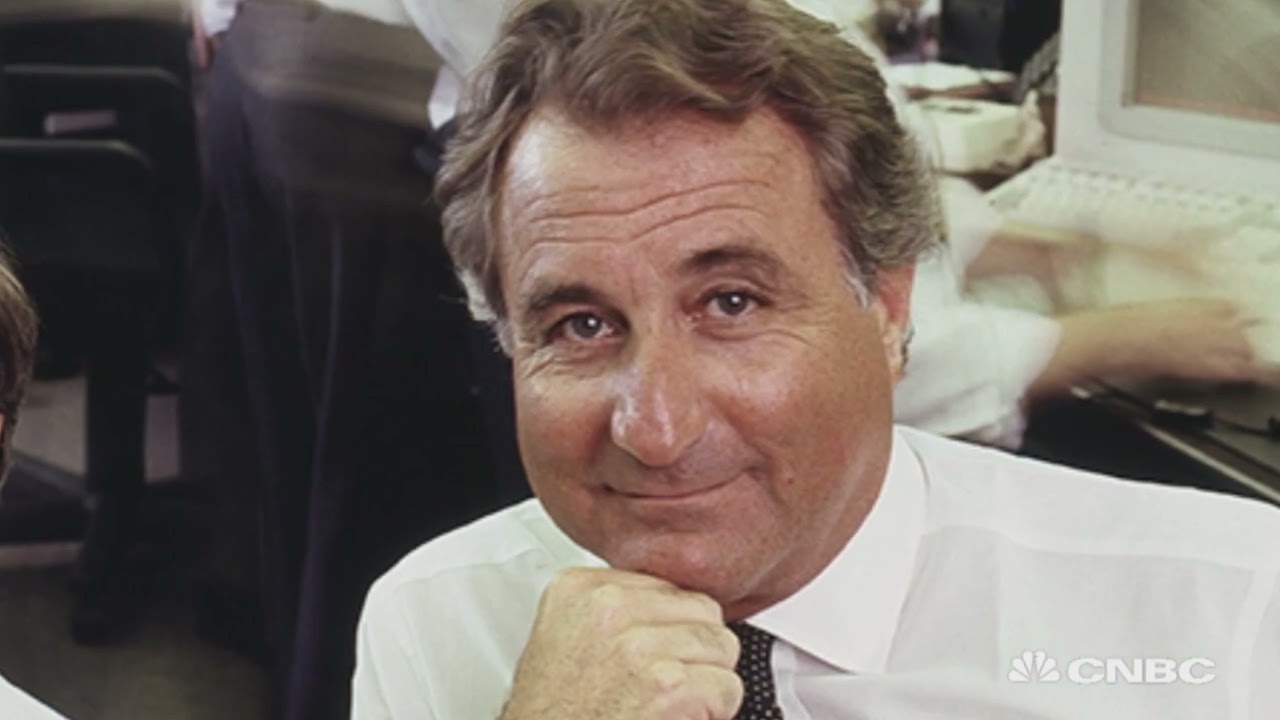Here are my thoughts on prop trading and FTMO.
I found out about FTMO through word of mouth, being in a telegram group and hearing the people talk about it. The guy who ran the group also traded with them. He didn’t pressure anyone or try to sell anything to anyone. I also then started my due diligence(since that seems to be the word of the day lol), shifting through pages and pages on the internet and talking to others in the group. You can still find his group as well, I left the group due to me growing into a different trading style.
When I first joined he was going through the challenge as well and everyone was skeptical being no one had done it in the group. He passed within the rules and even had quite a few days to spare as you only get 30 days(which is usually around 20-22 trading days). Then he finally got his first month draw and it was all legit, he still gets paid from them now and has opened up several more accounts.
Just one of the reason’s I was comfortable trying it out, and like I mentioned I failed the first 4 times(all due to my trading performance). I understand and knew from the beginning that, that’s how FTMO made majority of their money, since so many traders fail at trading. But as a trader isn’t it nice to have someone else’s money on the line then yours, plus you get profits from it but no risk(isn’t that what a institutional trader is doing as well, they get paid commission from their trading performance, and if they lose the bank gives them more money). You know what else works to an institutes advantage along with that, since the trader isn’t trading his own money his mind isn’t so much of a mess when the account is in drawdown, cause it’s not his money he thinks a little more clearly. One of the reasons I’m a little more aggressive then most here.
They do state once you are funded you are trading live capital.
Pulled from their website.
You will trade with the same account balance that you traded in the FTMO Challenge. If you traded with $200,000 in the FTMO Challenge, you would also manage $200,000 in the FTMO Account.
To avoid any confusion, please note that all accounts we provide to our clients are demo accounts with virtual funds. After a client becomes an FTMO Trader, he/she is provided with login credentials for a demo account, with the difference that the FTMO Account is connected to our Proprietary Trading Firm’s live trading account where we generate real cash flow. Clients are entitled to up to 90% of profits generated on the FTMO Account. This solution is much administratively easier and gives us more freedom to actively manage risk.
Hey could be a lie, but I along with others have been paid. So to each their own.
Also, I have not had any issues with their broker. I’ve had slippage go against me and for me. Spreads are usually in line with other big brokers IE… IG, Forex.com.

